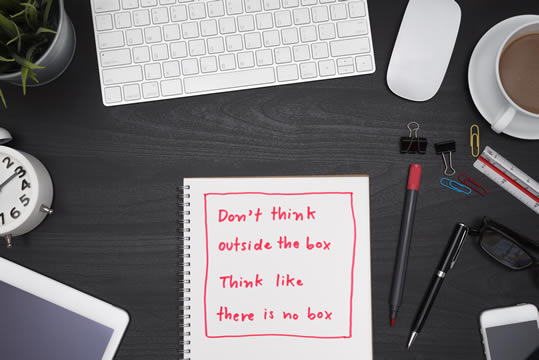

The Pack contains associated resources for the learning experience, typically in the form of articles and videos. There is a teacher Pack (with only teacher information) and a student Pack (which contains only student information). As a teacher, you can toggle between both to see everything.
Here are the teacher pack items for The Enlightenment:


Overview In this experience, students are introduced to the Enlightenment, with its admiration for reason and its great philosopher-writers such as Locke, Hobbes, Voltaire, and Montesquieu. Next, they work in small groups to analyze excerpts from the writings of the Enlightenment philosophers. Finally, they imagine the salons, mainly hosted by aristocratic women, that ruled intellectual and social life in Enlightenment Paris and elsewhere. In scene 2 students are told to watch a video starting from the 10:30 point. You may want to set up the video ahead of class time and project it so that students can watch the relevant part. Students will work together in small groups in scene 3. Objectives
In the late 1600s and into the 1700s, Europe went through a period of new ideas, expressed by great thinkers and writers. Those ideas had practical effects on governments and societies, and they even affected the way we view ourselves today. That period is known as the Age of Enlightenment, and you will learn about it in this experience.
Objectives

Good Idea!
Which power do you rely on more, your intelligence or your emotions? Why? What are the results, in your opinion? What might the results be if you relied on the other power?
